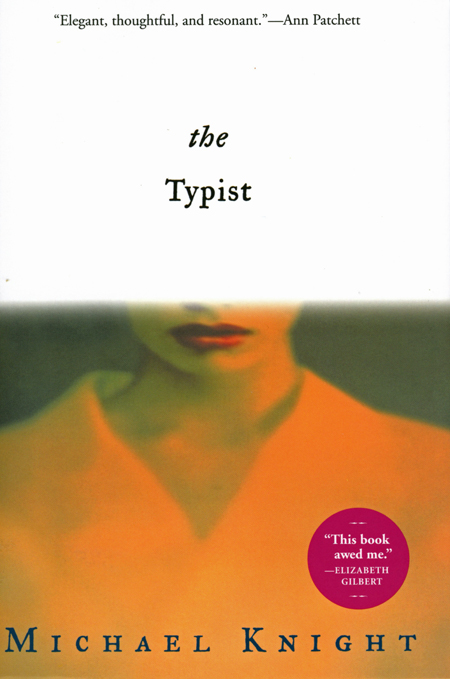07 Sep / The Typist by Michael Knight

 Francis Vancleave – mostly known as Van – has survived World War II behind a desk working as a typist for the military higher-ups. His skill – something his mother taught him as a teenager on nights his father was away working as a tugboat captain – lands him a peacetime posting during the post-war U.S. occupation of Japan with the legendary General MacArthur (who is inexplicably, though respectfully, referred to as “Bunny” by his soldiers).
Francis Vancleave – mostly known as Van – has survived World War II behind a desk working as a typist for the military higher-ups. His skill – something his mother taught him as a teenager on nights his father was away working as a tugboat captain – lands him a peacetime posting during the post-war U.S. occupation of Japan with the legendary General MacArthur (who is inexplicably, though respectfully, referred to as “Bunny” by his soldiers).
As a veteran, Van is not unfamiliar with the horrors of combat, even from afar, and yet he appears to still be the wide-eyed, insulated young man from Mobile, Alabama. He freely “admits that [he] was fond of army life …[with] its regularity and routine, its absolute remove from the life [he]’d left behind.” Naive as he initially seems, Van is ripe for major life changes.
Unlike Van who has remained faithful to a wife he married in too-much-of-a-hurry, his assigned roommate Clifford is a world-weary elite soldier well-versed in the inebriation offered by wine, women, and song. Clifford tries numerous times to initiate Van into exploiting the conquerors’ spoils while he himself quickly finds a local lover, establishes her in a lovenest, coming back to the military dorms only when he needs a letter to his mother typed by the steadfast Van.
Instead of other women, Van finds a playmate in MacArthur’s own young son. Convinced that solid American white male company might be an antidote to the inscrutable Japanese servants who have thus far entertained the bored young boy, MacArthur asks Van to the private residence every Saturday where the young man and even younger boy bond over complicated war games.
Guilty by association of being the roommate to the wrong soldier, once set in motion, events conspire swiftly to upturn Van’s controlled army life. Who he is, who he must become – from (albeit non-combatant) soldier to civilian – proves to be a jagged yet ultimately transformative journey. In spite of the novel’s brevity (barely 200 pages), it proves densely resonating in the quiet devastation and eventual reinvention of a thoughtful young man.
Readers: Adult
Published: 2010
